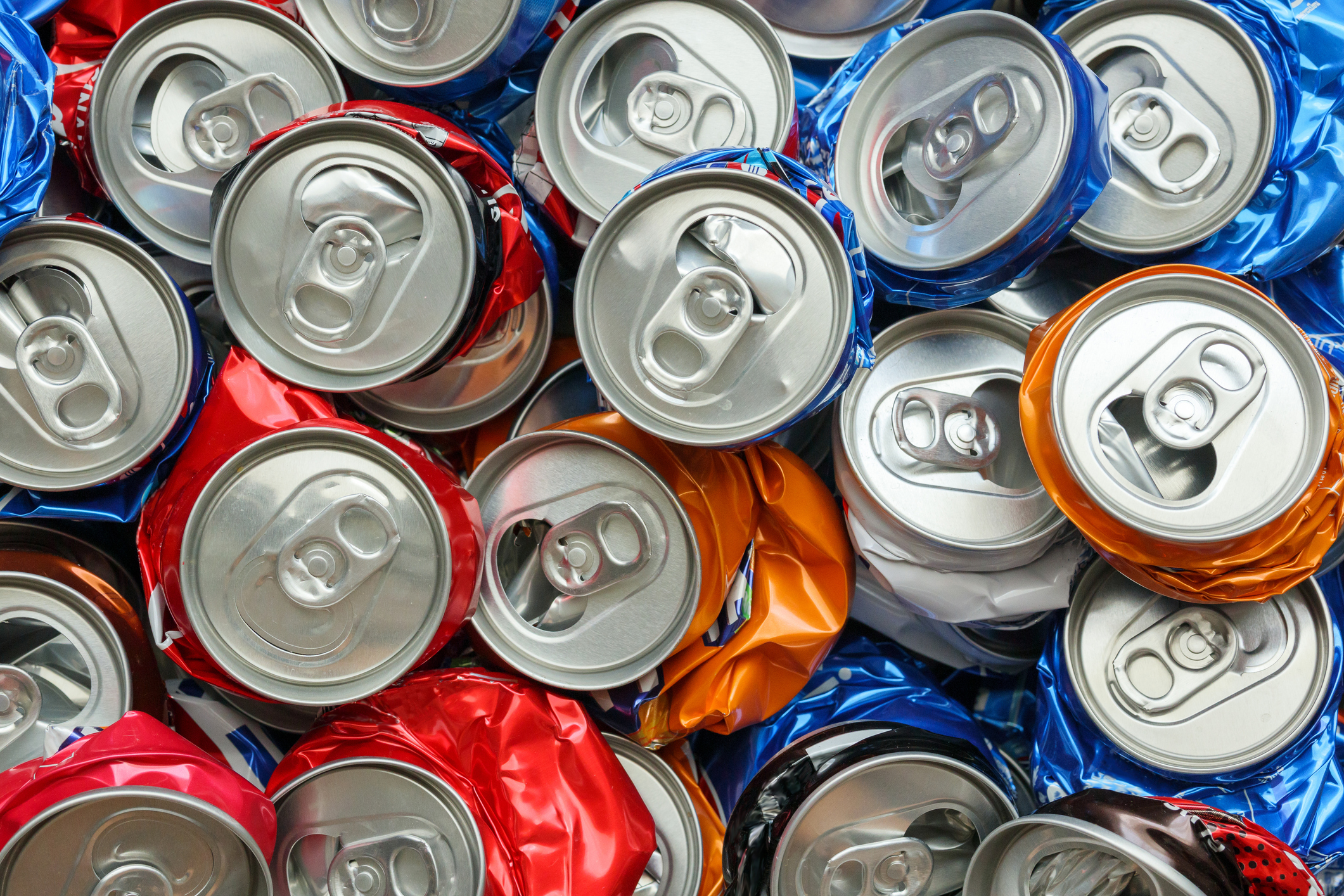U.S. Aluminum Association Urges Federal Scrap Export Limits

The Aluminum Association is urging the U.S. government to classify aluminum scrap as a strategic resource and restrict exports to safeguard domestic supply chains. According to the association’s new white paper “Scrap the Exports, Save U.S. Supply”, keeping more high-quality scrap—particularly used beverage containers (UBCs)—within the country could enhance industrial resilience and national security.
The report, released this week, emphasizes that the United States exports more than 2 million metric tons of aluminum scrap annually, despite growing demand from U.S. manufacturers and recyclers. The association argues that this outflow undermines domestic capacity at a time when new investments in aluminum rolling and recycling are ramping up nationwide.
The white paper calls for an immediate ban on UBC exports beyond North America, improved tracking through updates to the U.S. Harmonized Tariff Schedule (USHTS), and incentives for recycling technology advancement—such as bipartisan support for the CIRCLE Act. It also suggests that broader export restrictions could follow as the U.S. strengthens its monitoring and processing infrastructure.
“Scrap aluminum is a vital feedstock for U.S. manufacturers,” said Charles Johnson, President and CEO of the Aluminum Association. “Smart, targeted export controls that keep our highest-quality scrap, like used beverage containers, within our borders will help to build a stronger U.S. aluminum industry and support American manufacturing in general.”
The white paper further highlights that aluminum scrap plays a crucial role in U.S. manufacturing, defense, and energy efficiency. Recycling aluminum requires just 5% of the energy needed to produce new metal—saving up to 31 billion kWh annually if all exported scrap were recycled domestically. The association warns that exporting scrap to “non-market economies” such as China fuels competitors’ industrial growth while weakening America’s supply base.
The report emphasizes that China, for instance, has doubled its aluminum scrap imports since 2020 and aims to reach a recycled aluminum capacity of around 15 million metric tons by 2027, supported by state incentives. The Association cautions that without policy intervention, the U.S. could again see its domestic aluminum production decline under global pressure.
Market data cited by the Aluminum Association indicates that the U.S. faces a 3.5 million metric ton shortfall in unwrought aluminum supply each year. Restricting scrap exports—combined with improved collection and recycling infrastructure—could close up to half of that gap. Several major economies, including China, India, Russia, and Saudi Arabia, already maintain export limits on UBC scrap, while the European Union is considering similar action. The Aluminum Association argues that reciprocity in trade policy is essential to keep U.S. manufacturers competitive.
The report concludes that with over $11 billion invested in domestic aluminum manufacturing over the past decade, keeping valuable scrap at home is both an economic necessity and a national security priority. As Johnson emphasized, focusing on the most usable and valuable grades of scrap will ensure that “American recyclers win” while giving lower-grade scrap markets time to adapt.
Source: The Aluminum Association






